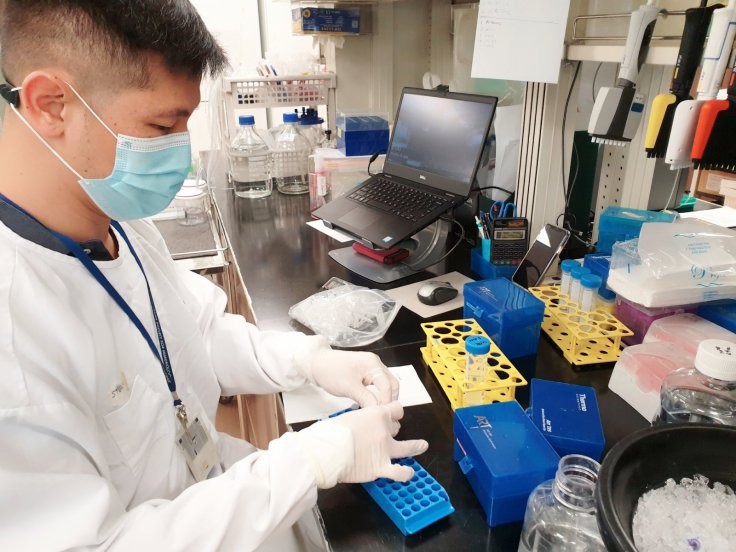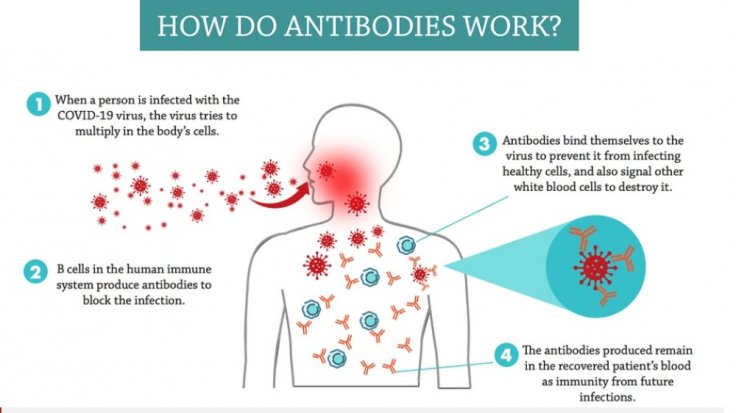The ongoing Coronavirus pandemic has posed a challenge to the researchers and scientists with over 200 genetic mutations. While most of them are not significant, the SARS-Cov-2 virus still poses a threat to the patients especially when there are no proven medicines or vaccines yet.
A recent study conducted in the U.S. by Scripps Research showed that mutation to the virus' spikes, which give it the crown shape, made it more infectious compared to the one that began in Wuhan, China. The mutation called D614G — increase in the spikes — helped the virus latch on to the cells more efficiently. It was first seen in Europe, followed by the U.S.
In such cases, dealing with the mutation is key in treating patients with COVID-19. While there are several antibody-based research studies in progress, one of them, conducted by the scientists at the Defence Research and Development Organization, shows promise in "blocking key infection and key mutation of the virus".
DSO scientists have managed to isolate five antibodies in fighting the COVID-19 after "screening hundreds of thousands of B cells" from blood samples of patients collected in March this year. They isolated the first two antibodies within a month of collecting the samples from the National Centre for Infectious Diseases and Singapore General Hospital.
"They (antibodies) are all potent in blocking infection and effective against key mutations that have emerged in the virus during the pandemic," the DSO told media.

Stopping the Spread
Using a technique, developed in collaboration with the National University of Singapore's Yong Loo Lin School of Medicine and Life Sciences Institute, scientists managed to screen B cells quickly with live virus. The process helps in identifying antibodies that can neutralize virus properties. Thus, it helps in saving time and manpower while further research can be done on helping COVID-19 patients.
With the breakthrough, DSO will now go ahead with human trials for one of the antibodies, AOD01, in coming months once the approval comes from the Health Sciences Authority.
The trial, which is now in the preclinical stage, if successful, will help in stopping the spread of the virus in the body. "When you give the injection of the antibody into a person, it will then circulate throughout the whole body. The virus infects at the upper respiratory tract, which is in your nose and your throat. And it then spreads to the lungs where the serious illness occurs, that's where the real damage occurs," said Dr Conrad Chan, principal research scientist and laboratory director, DSO.
"But by having the antibodies circulating in your body, you can prevent the virus from infecting your lungs," he added.

Similar Trial
DSO, however, isn't alone in the research. Around the world, there are more than 300 research studies going on for Coronavirus vaccine or treatment. However, only two of them are in the third and final stage. Recently, another Singapore biotech company, Tychen, announced that it would enter the human trial in coming weeks for its mononuclear antibody treatment.
The study was also aimed at stopping the spread of the virus in the body using antibody and would determine the effectiveness of the immune system protein TY027. Despite the progress, a vaccine or a drug could still take a long time. The drug or vaccine will need to be put through stringent testing before they head to production.









